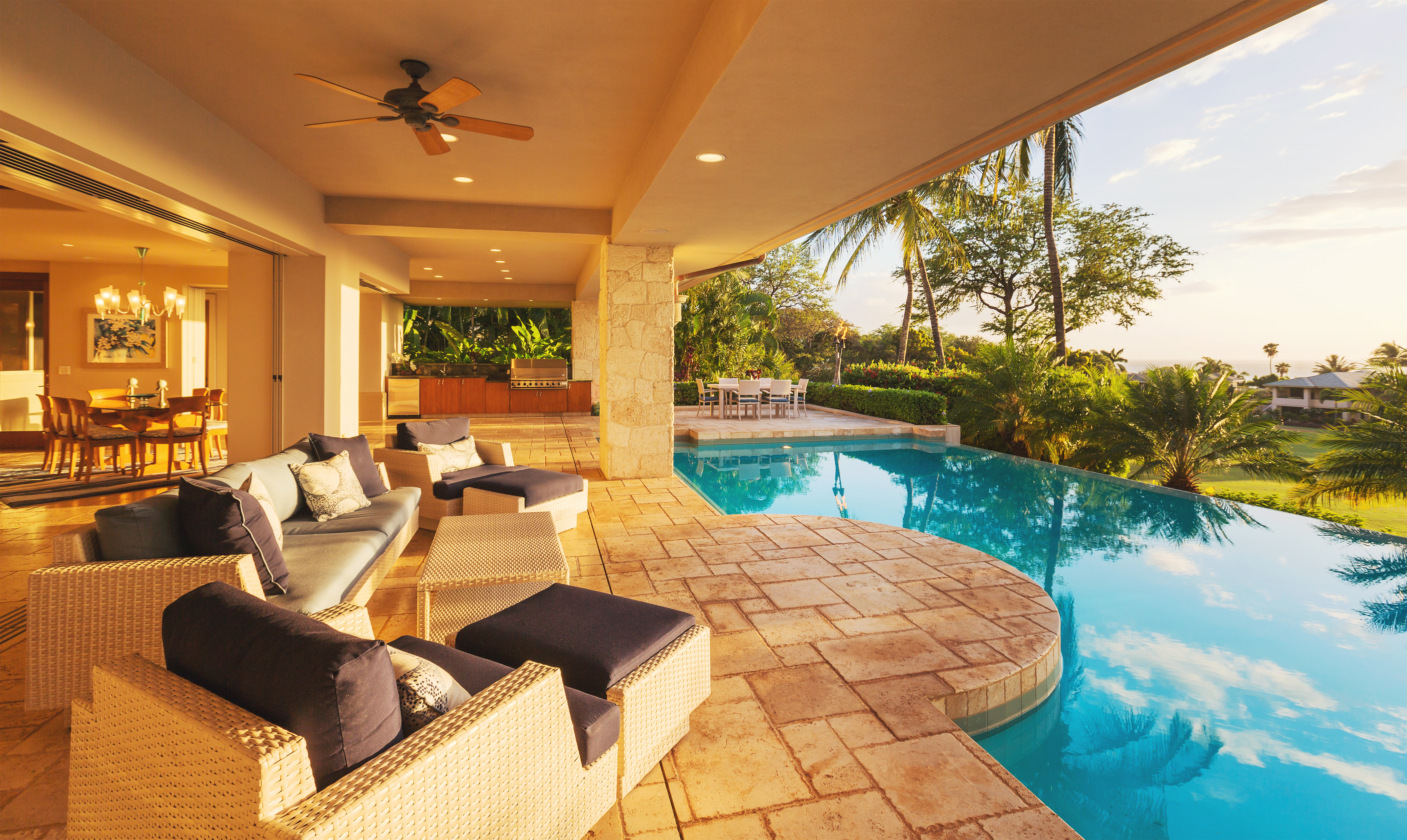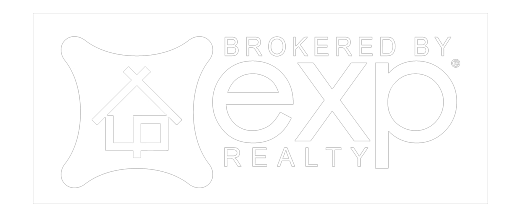Here are four good reasons why this economic slowdown we’re experiencing does not necessarily equal a housing crisis:
1. Buyers’ credit is scrutinized more heavily today than in 2008. It was much easier to get a mortgage during the Great Recession than it is today, which we can see by studying the historic data from the mortgage credit availability index. After the crash, however, lending standards tightened up a lot. In fact, since the pandemic and the resulting volatility in our stock market, the criteria for getting loans have gotten even tougher. When buyers are qualified for loans today, that means they’re serious, capable buyers.
2. We have a shortage of inventory in parts of our market. Unlike during the Recession, we have a shortage in our markets around our median price which is close to $600,000. A normal real estate market has approximately six months of inventory. Anything more than that is an overabundance that causes prices to depreciate; anything less than that is a shortage that will lead to continued appreciation. Despite over a month of stay-at-home orders, in many areas of Kauai, the housing demand still outpaces the supply. That’s a formula that may keep prices from dropping.
3. Home affordability is better now. Affordability is determined by three factors: the price of the home, the income of the buyers, and the mortgage rate available at the time. In 2008, prices were still high, wages were lower, and the interest rate hovered around 6%. Now, prices are high again, but income is also higher and interest rates are almost half of what they were 13 years ago, hovering around 3%. According to the mortgage credit availability index, the average family today pays less of their monthly income toward their mortgage payment compared to 13 years ago.
4. Homeowners are equity-rich—not tapped out. In a run-up to the housing bubble, many people used their homes as ATMs, only to learn a painful lesson. Today’s consumers are treating equity in their home much more cautiously. Over the last five years of appreciation, over 50% of American homes have more than 50% equity. In 2008, prices dropped rapidly, leaving some people underwater. That distressed housing market brought prices way down, but with the equity that homeowners have now, they’re less likely to walk away from their homes.
That said, is now a good time to buy? If you’re already in escrow and are buying for the long term, the answer is yes—especially if you’re financing the purchase.
With inventory having been in such short supply for so long, and with interest rates at historic lows, it’s hard to predict what type of slowdown we may have in Kauai’s real estate market. Certainly, March and April sales don’t tell us much, as many of those are closed sales that began before the pandemic hit.
It’s likely that interest rates may start to climb as the economy starts to recover, and anything you might achieve from saving and the lowering of prices could be offset by rising interest rates. Remember that for every 1% increase in rates, you lose 10% of your buying power.
When Kauai was first quarantined on March 25, economists predicted a V-shaped recession; that opinion has morphed some over the last several weeks. Now, the consensus is a U-shaped recovery.
We know that housing is in a much stronger position now than it was in 2008, but nobody knows where this is all headed for sure—we’ll all have to discover what’s in store together.
If you’d like to keep your finger on the pulse of today’s Kauai real estate market, don’t hesitate to reach out to us. In the meantime, stay safe and healthy! A hui hou.







